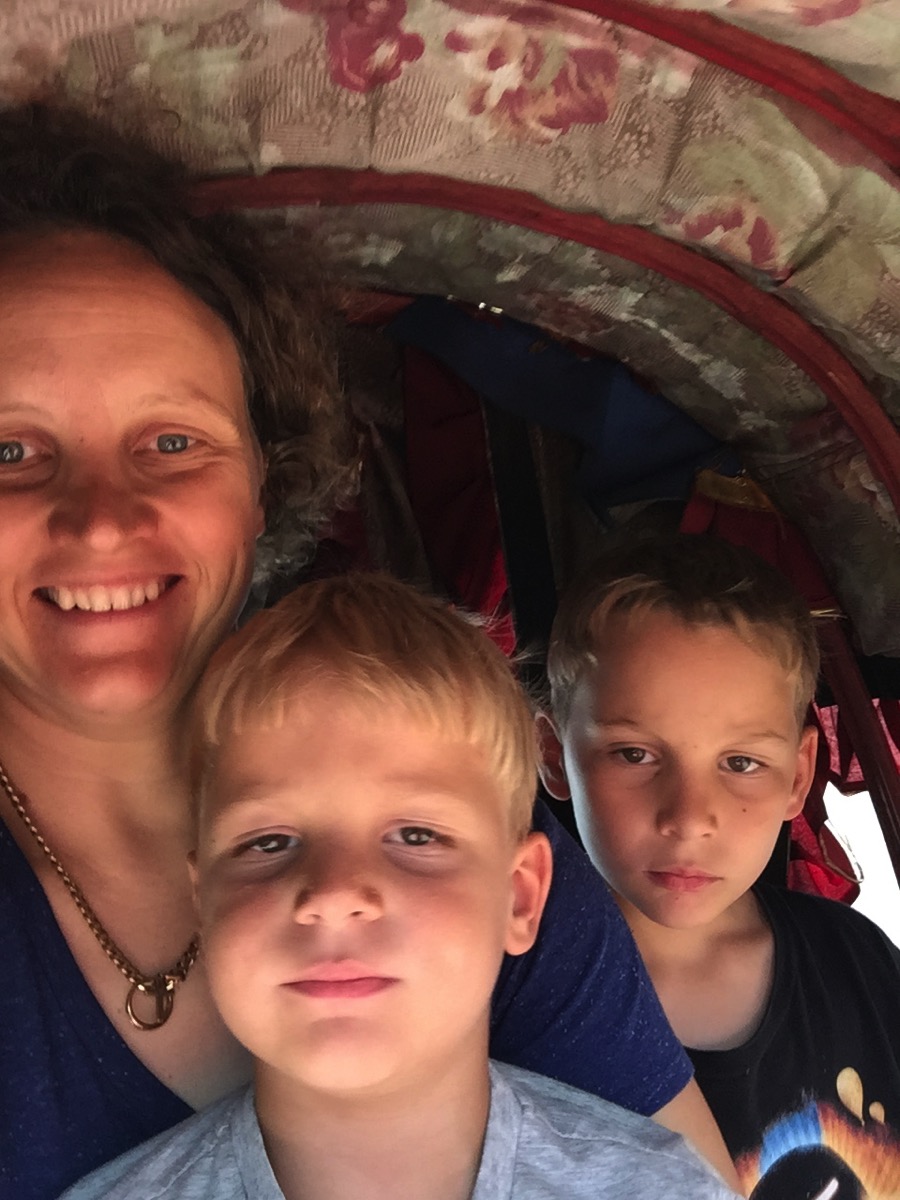
Dear Patient
I remember you well. You are a collage of people, but I remember you. You were a grey-haired Greek woman; a frail Turkish man; a confused Polish grandmother. Mostly you were older, but you had arrived in Australia when you were younger than I am now. Often you had a relative or friend with you to explain things, and usually an excellent hospital interpreter as well. We had conversations, and jokes and we chatted.
I always thought I treated you with respect. I always thought I communicated well. I thought I treated you like I would have my parent treated.
I recently discovered I was wrong, and I apologise. Unsuspected by my conscious self, I was judging you. I couldn’t believe that you could live in a country for ten or twenty years, and not speak our language. Obviously you must live in an enclave, with your own language group and not make the effort to learn to communicate. I cringe, but I know now that I thought those things. I know, because I have been completely surprised by how slow it is to become fluent in a new language.
Learning a foreign language is much, much harder than I ever thought it would be. I have lived in Nepal for six months now. I have been working daily with people who don’t speak english, and hearing them speak and having their words translated for me. Immersion may be helpful to learning a language, but it doesn’t make it magic. The official language of the hospital is english, and I have mainly english-speaking friends, so it is really only partial immersion for me. But often people speak english for my benefit – if I could keep up they would drop the pretense. On top of surrounding myself with Nepali speaking people, I have been doing at least four hours (one on one) language study per week with a very good teacher since I have been here.
Dear patient, I have had all the advantages of a good language program, and I have achieved such a tiny degree of communication. I can’t speak more than a few sentences to my paediatric patients, and often still have to wait for translations in return. I rely on interpreters, and I know my nepali is worse than your english ever was.
Dear patient, I was racist and prejudiced, and I hid it from myself. I can’t expect you to be able to learn even as fast as I have. I can’t expect you to find a teacher as good as I have, and I really can’t expect you to magically speak my language because you live surrounded by it. I apologise. And my heart breaks when I think of the poorest and persecuted who cross borders and arrive in foreign countries to deal with foreign bureaucracies. I thank God for those language teachers who donate their time to refugees and dispossessed, and I also thank Him for our medical interpreters (in Nepal as well as Australia).
No one should be unable to access health care because they can’t explain or understand. And no one should be judged, however secretly, for having to learn and live in a second language.
Dear patient, come visit me one day when I return to Australia, and I promise I will be much more understanding, ‘kay?
Cris
Photo: Half of my family travelling by cycle transport in Kathmandu. Boys seem less than impressed.
Leave a Reply